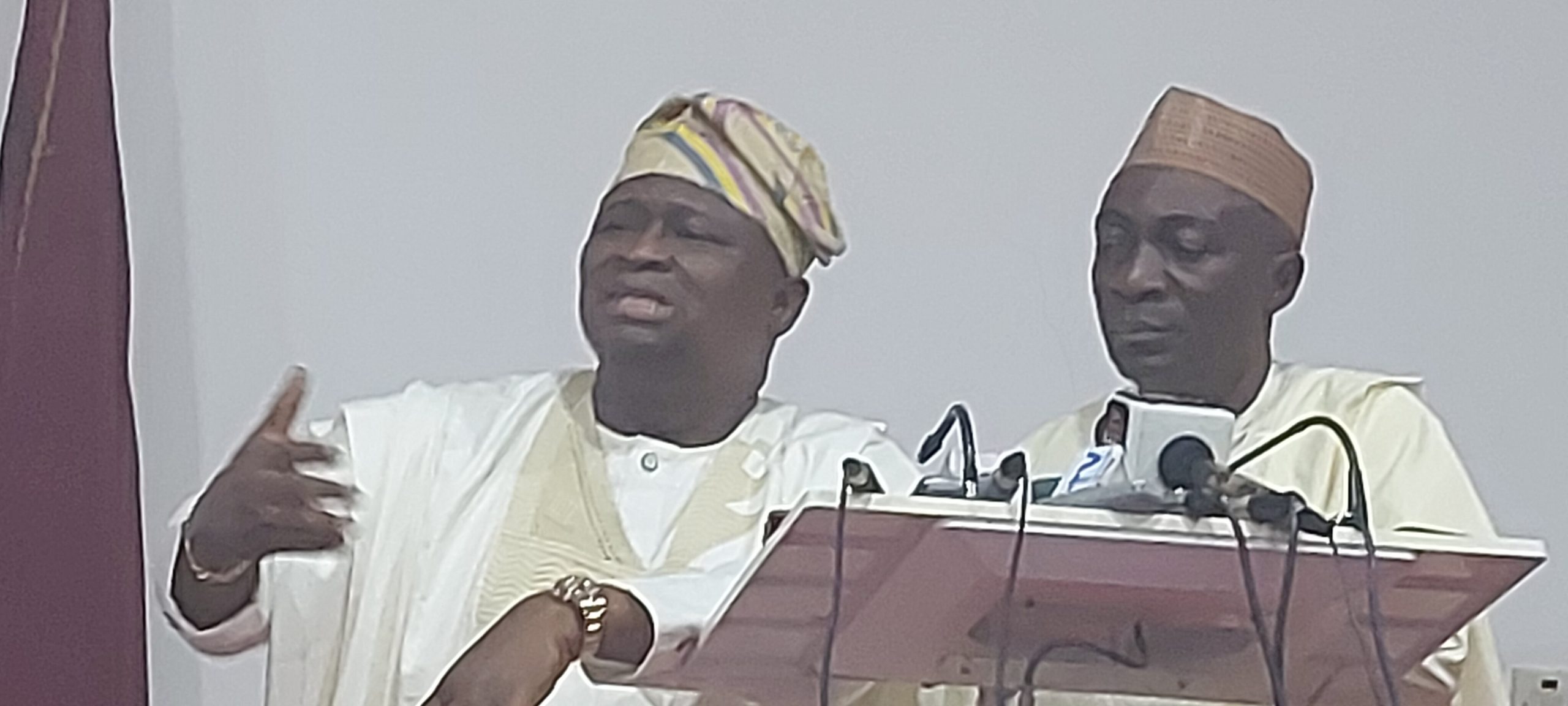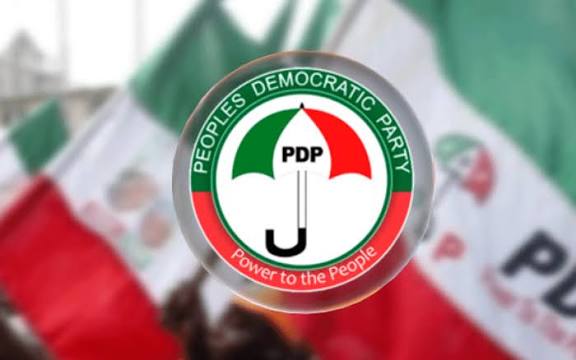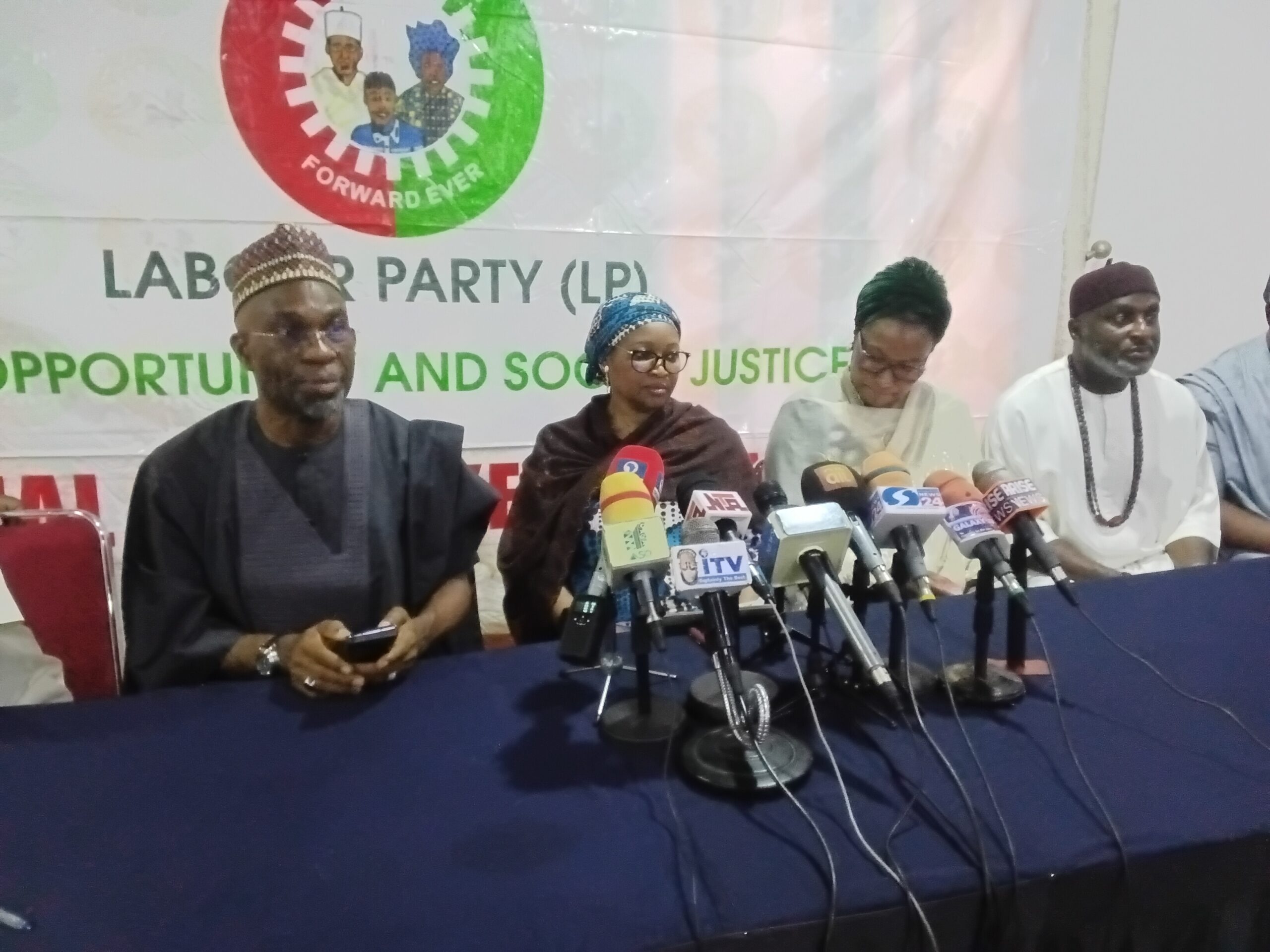The senate on Saturday passed the 2024 budget, increasing it to N28.77 trillion.
While President Bola Ahmed Tinubu had in November presented N27.5 trillion proposed budget for 2024 to the joint session of the National Assembly, the National Assembly on Saturday passed a budget of N28.77 trillion.
The National Assembly increased the budget presented by President Tinubu by N1.2 trillion.

Against speculations in some quarters, the National Assembly disclosed that President Tinubu will sign the budget on Sunday.
Addresing newsmen shortly after the passage, the Chairman, Senate Committee on Appropriation, Solomon Adeola Olamilekan said that the 10th National Assembly would still maintain the January-December budget circle, adding that Mr. President can sign the budget anywhere in the country.
Explaining the reason behind the increasment, the Senate said the difference arose from additional request for some agencies after the initial proposals by the President.
Olamilekan said: “Through the closely and harmonious appropriation process, the Executive forwarded request for additional funding and some items of expenditure to the Committee which were not included in the Bill as submitted by the President. In order to accommodate the requests, the following adjustments have been made on the Bill:
* Foreign Exchange differential
*GOE’s Revenue Increased
*GOE’s Personnel reduction
*Service Wide Vote (Wage adjustment)
*Reduction from Service Wide.”
While the Senate also raised the exchange rate assumption from N750/USD to N800/USD, it adopted the oil price benchmark of 77.96 US Dollars per barrel and daily oil production estimate of 1.78 million barrels per day.
The budget deficit remained N9.18 trillion just as assumption on GDP growth rate remained 3.88 per cent.
The budget as passed include aggregate expenditure of 28.777,404,073,861 trillion, statutory transfers of N1,742,786,788,150, and capital expenditure of N9,995,143,298,028.
The sum of N9,178,930,385,914 is voted for aggregate financing items which include, the sum of N7,828,529,477,860 trillion for Debt financing. Asset sale/privatisation is N298,486,421,740 billion. Multilateral/bilateral project-tied loans is N1,051,914,486,314 trillion.
The Senate, however, noted that “the 2024 Appropriation Bill was presented to the National Assembly late, adding that “this is against the Fiscal Responsibility Act which requires the Bill be presented not later than three (3) months before the next financial year, which puts intense pressure on the processing of the Bill.”
It recommended that to ensure thorough scrutiny of budget proposal, the executives should henceforth comply with the provisions of the Fiscal Responsibility Act.
The senate asked that the Executive should ensure compliance with the provisions of relevant/extant laws as it concerns GOES
It also stated that agencies removed from FGN budget should step up their revenue generation, fund itself and remit more to the Consolidated Revenue Fund.
Olamilekan, while addressing newsmen also said that the lateness of the presentation of the budget is the reason for the fire brigade approach, adding, “the President will sign the budget before 1st January.
“There is no law that prevent the President from signing the budget on Sunday. And it can be signed from anywhere.”
He explained that they involved the executive on every stage, adding that a lot of work went into it before it was passed.
“For the President to sign, everybody was aware that we have no choice if we must maintain the January to December calendar. So, we harmonized it with the House of Representatives. This assisted us in quick collection of the report and the eventual passage,” he said.
Justifying the increase of the budget by N1.2 trillion, Olamilekan said, “what necessitate our actions is the removal of the fuel subsidy and the exchange rates, which Nigerians are paying dearly for it.
“The increase in the exchange rate, is behind the increase in the budget. Area of oil prices and bench mark is also another reason why the budget was increased and not any ulterior motive.
“Also, NCC, NPA, NIMAS were agencies affected by exchange rate which made us to increase the budget by N177 billion. If all is added, it’s amount to N1.2 trillion, which is the reason the budget has been jerked up.
“Water resources and the school feeding funds also cause us to add N100billion to the school feeding Programme. This was done so that the budget will meet the yearning of Nigerians.”




